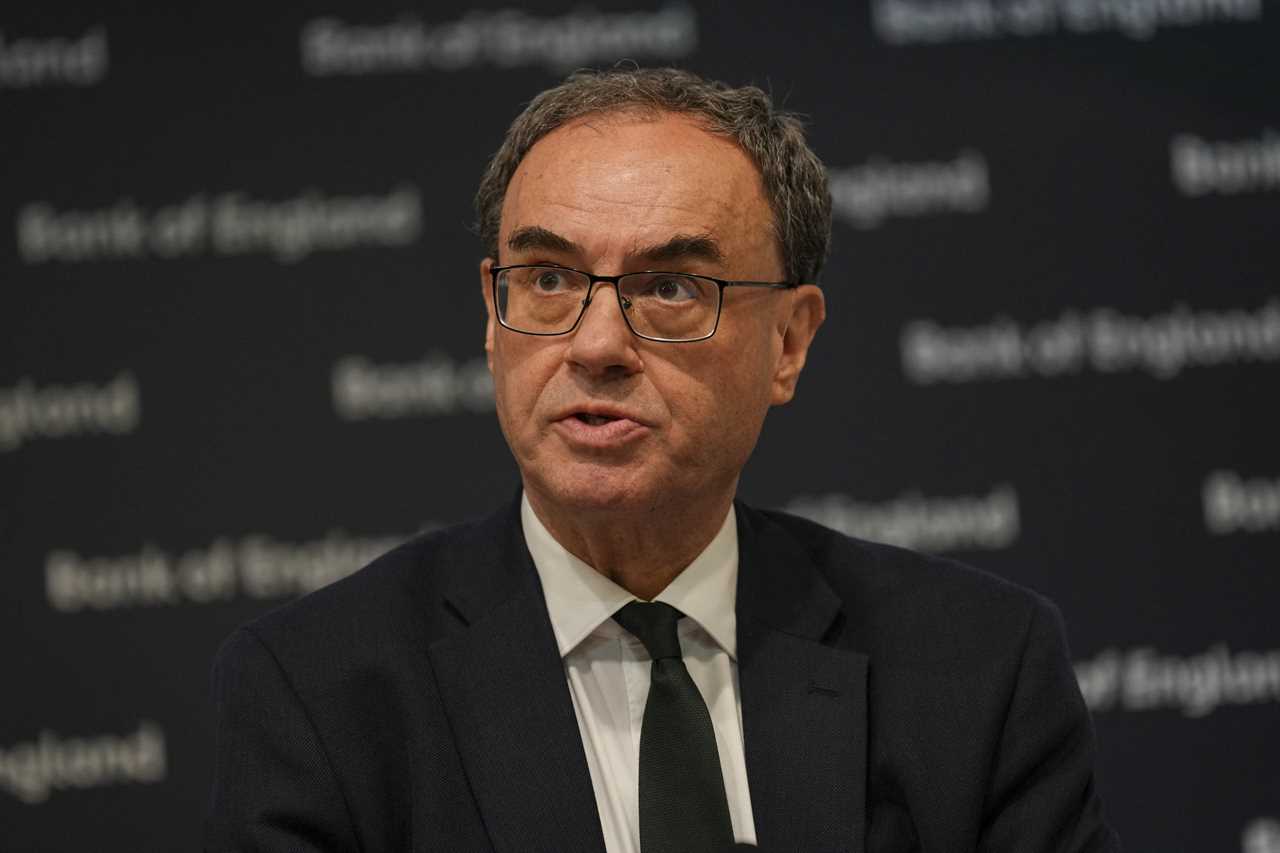
Amidst a complex political landscape, Bank of England's Andrew Bailey's plea for enhanced European Union relations following Donald Trump's endorsement of Brexit has ignited controversy.
Analysis: Navigating Trade Dynamics Post-Brexit
Governor Bailey's assertion of Brexit-induced trade disruptions contrasts with PM Sir Keir Starmer's US trade deal triumph, underscoring divergent views on the economic impact of Britain's exit from the EU.
In a nuanced stance, Bailey suggests a possible reversal of the decline in UK-EU trade post-Brexit, highlighting the intricate web of international trade relationships at play.
The Wider Context: National Interest vs. Sovereignty
Reform UK figures, including Nigel Farage and Lee Anderson, condemn Bailey's advocacy for closer EU ties, framing it as a threat to British sovereignty and independence post-Brexit.
This clash underscores the ongoing tension between prioritising national interests and navigating complex international partnerships in a post-Brexit landscape.
Historical Precedent and Power Dynamics
Trump's attribution of UK-US trade deal success to Brexit's influence unveils deeper power dynamics, shedding light on how historical decisions resonate in contemporary trade negotiations.
Through this lens, Bailey's call for strengthened EU ties prompts a critical examination of the evolving post-Brexit economic and political alliances.
Policy Impact on Migration and National Interests
No10's commitment to securing advantageous deals for the British populace, juxtaposed with concerns of a potential EU youth mobility scheme, unveils the intricate balance between migration policy and economic imperatives.
This delicate interplay highlights the complexities inherent in post-Brexit policy decisions and their implications on national interests and promises made to the public.
In this intricate web of economic policies, geopolitical shifts, and national interests, the debate sparked by Bailey's remarks exposes the multifaceted challenges facing Britain as it navigates its post-Brexit identity amidst global realignments.






